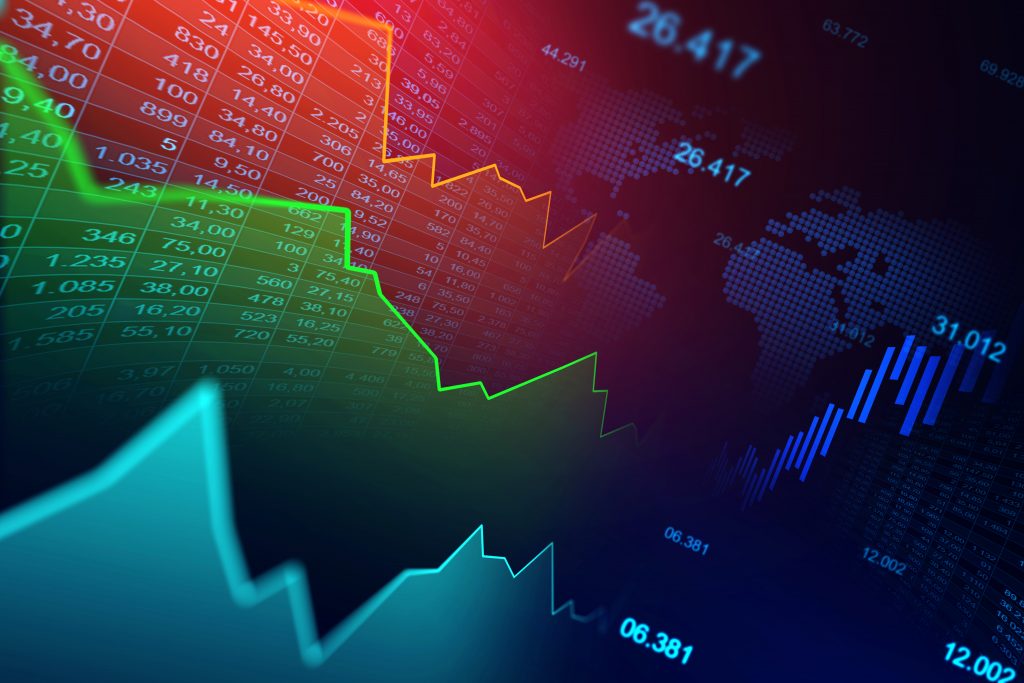The business cycle is a fundamental economic theory that says the prices of goods and services can be tracked on a closed-cycle basis, which means that there are no jumps in prices. Also, it says that the rate of inflation stays level over a period of time. This was the case until the recent global financial crisis when it was revealed that economies had built up large levels of consumer debt. Since the crisis, economies have tried to boost the economy through different ways such as Quantitative Easing (or QE) and various other financial interventions.
During the recent financial crisis, countries with high interest costs like the UK and the US saw sharp drops in real gdp. These countries had high debts and low disposable income. In the UK and the US, the fiscal stimulus package was used to pump money into the markets to keep the interest rates from rising and to avoid real gdp declines.
- There are many theories about the causes of the recent recession.
- One of them is the “secular stagnation” wherein there is a persistent decline in market prices of key economic inputs, mainly of production.
- With the exception of Japan, the only country that has witnessed a prolonged period of economic decline without a pickup in market prices is Switzerland.
- The Swiss government launched a series of measures to stimulate the economy.
- The aim of these measures was to prevent the market from being too weak and to keep inflation at acceptable levels.
The Swiss government also intervened in the market by offering financial support to financial institutions including banks, pension funds, and lending institutions. This is another important aspect which is ignored in economic textbooks. In the market, the central bank can provide support to banks to prevent them from having excessive credit growth. This is the first phase of the business cycle where real gdp declines.
In this declining market, it is important to ensure that you have the right risk appetite. The Swiss government realized that not having the right risks is not a good idea and took action by buying government bonds. In the emerging markets like India, Singapore, China, and Indonesia, you need to take care to ensure that you have enough cash to invest as the governments of these countries are becoming more prudent to the risks that they take. They know that the key to becoming a developed country is to have a sound money management policy. If the investment grade of the stock or mutual fund does not justify its price, then it is wise to sell the assets and re-allocate resources towards other projects.
The last phase of the business cycle, called the accumulation phase, is characterized by continued low levels of prices until the economy begins to buildup. The Swiss government understands that this is the most important stage and has taken steps to prevent inflation. Real gDP growth resumes in the accumulation phase, as the economy begins to improve. This is when you want to take advantage of price movements to make a profit.

